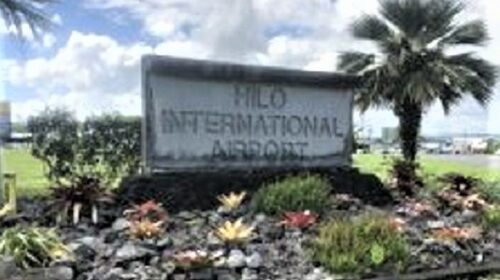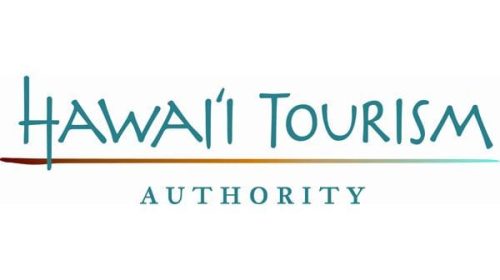Oahu Wastewater Testing Project Underway
The City and County of Honolulu is participating in an innovative new COVID-19 Wastewater Testing Project to help provide additional data and information in a growing effort to monitor the extent of COVID-19 on Oahu as the local economy opens back up. Sampling wastewater is experimental but can provide broad testing results to indicate COVID-19 prevalence.
The Department of Environmental Services began collecting sewage samples from wastewater plants on Oahu recently and has already sent one round of samples off to Massachusetts-based Biobot Analytics, Inc., for analysis. The City plans to send wastewater samples for analysis on a weekly schedule to help track the island-wide prevalence of COVID-19 over a two month period during this pilot project.
“We know that testing is the key to economic recovery, and wastewater epidemiology provides an opportunity for the City to get a ‘big picture’ view while we continue to try to ramp up our individual testing programs,” said Mayor Kirk Caldwell. “This is an additional tool we now have in our pocket as we make critical decisions to open up more of our economy or hit pause if we begin to see evidence the virus is spreading.”
Founded in 2017 by scientists from the Massachusetts Institute of Technology (MIT), Biobot launched a program in partnership with MIT, Harvard University, and Brigham and Women’s Hospital earlier this year to generate public health data on COVID-19 across the United States. Biobot now receives samples for analysis from over 170 wastewater facilities across 37 states, including cities and towns in Massachusetts, New York, Florida, California, and now Hawaii.
Biobot collects non-infective RNA information from raw sewage samples which is then aggregated to produce an estimate of the rise and fall of COVID-19 levels in local populations. Prior to the COVID-19 crisis, Biobot used its wastewater technology to help researchers analyze patterns and levels of opioid use in the United States.
“Our team collected samples from all nine of the City’s wastewater plants, and shipped our first round of samples to Biobot’s lab last week,” said ENV Director Lori Kahikina, “In this kind of crisis situation, collecting this information is important if it can protect our residents and help our City recover.”
The technology remains in early stages but in some cities the existence of COVID-19 was picked up in wastewater testing before positive tests emerged in the actual population. It is difficult to accurately predict the number of residents carrying COVID-19, but readings will provide a general trend.
Honolulu Chief Resilience Officer Josh Stanbro leads the Office of Climate Change, Sustainability and Resiliency and has been involved in the City’s COVID-19 testing program. “This is an unprecedented challenge and we have to adapt to embrace innovation and new technology,” Stanbro stated. “We are constantly reaching out to other cities and community partners to find solutions, and within a few days of hearing about this we had an approval to move forward—that’s the kind of speed we need to beat this crisis.”
The pilot project costs $25,000 and is being funded by the CARES Act, a federal emergency aid package to help local governments respond to the COVID-19 crisis.
To obtain more information on the COVID-19 response, visit www.oneoahu.org
To learn more about Biobot Analytics, visit biobot.io
#rebuildingtravel




